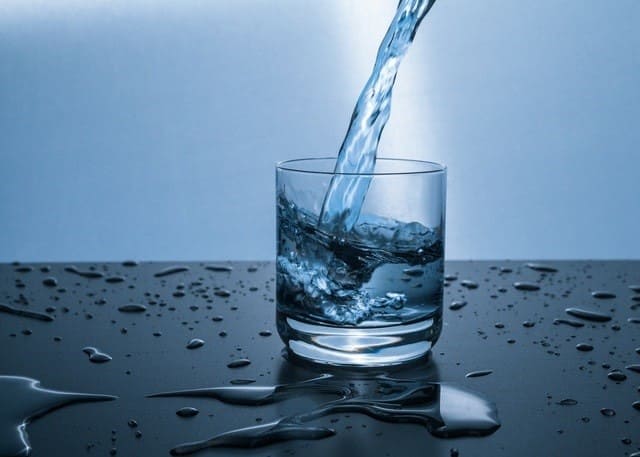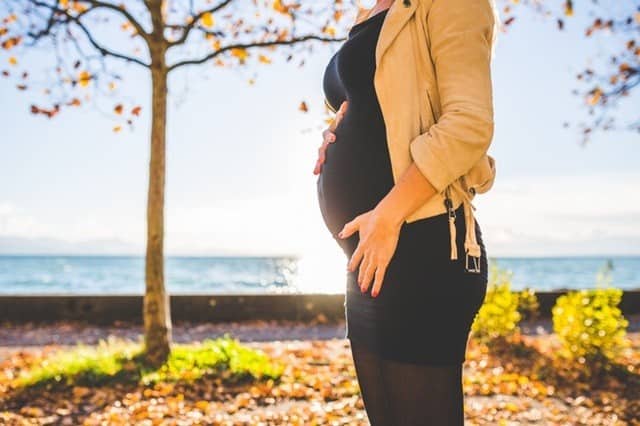Drinking plenty of fresh, clean water is an important part of a healthy lifestyle. It’s even more important to make sure your water is free of contaminants when you are pregnant. Drinking enough water during pregnancy maintains amniotic fluid levels and helps carry nutrients to the baby. However, if you are drinking contaminated water, the more you drink, the more the fetus is exposed to the harmful effects of those contaminants.
Water quality has been headline news lately after it was discovered that the public drinking water contained lead in Flint, Michigan. If you’re pregnant or know someone who is, you may be wondering if it is safe to drink tap water while pregnant. Here are three contaminants you should test for if you’re pregnant and drinking tap water.
- Lead
Lead poisoning is a serious concern during pregnancy. Lead can be found in old water taps and outdated plumbing. As water travels through and sits in these pipes, it can absorb lead. If a pregnant woman drinks this water, her body then absorbs the lead which can be passed to the fetus.
While lead may not cause serious harm to a pregnant woman, the fetus can suffer lasting damage from even low levels of lead exposure. As the fetus grows, lead causes blood cells to become deformed, preventing them from functioning properly. Lead also damages the peripheral and central nervous systems causing learning disabilities as the child develops. Children affected by lead also tend to be shorter than other children and may have trouble with their hearing.
- Bacteria
Water naturally contains bacteria, but in excess amounts it can be harmful, especially to pregnant women. E. coli is a type of bacteria that is occasionally found in the water. This is the same bacteria that is known to cause food poisoning, and it has the same effects when it is in your water. It can cause stomach cramps, vomiting, diarrhea, and fever, all of which can put a developing fetus at risk. Bacterial contamination can also be an indication of other contaminants such as protozoa and viruses which are linked to dysentery and hepatitis.

- Pesticides, Heavy Metals, and Chemicals
Lead poisoning and bacterial contamination are the most dangerous water contaminants for a pregnant woman and her baby, but there are other pollutants that are also concerning. Both municipal water and well water can test positive for pesticides, heavy metals, and other chemicals. While in low amounts, they may not be especially harmful to the pregnant mother, any exposure can pose a risk to the developing fetus.
Make Sure Your Tap Water is Safe
If you’re pregnant, the best way to make sure your drinking water is safe, is to test it. Whether you are drinking tap water, city water, well water, bottled water, or even filtered water, all are at risk for common contaminants that can harm a fetus. You can send water samples to a lab for complete analysis, but this can be costly, and it often takes weeks to get results. A faster and easier solution is a home testing kit. Most kits will give you results in a matter of minutes. If you’re pregnant, don’t take chances with the water you’re drinking, test your water today.
